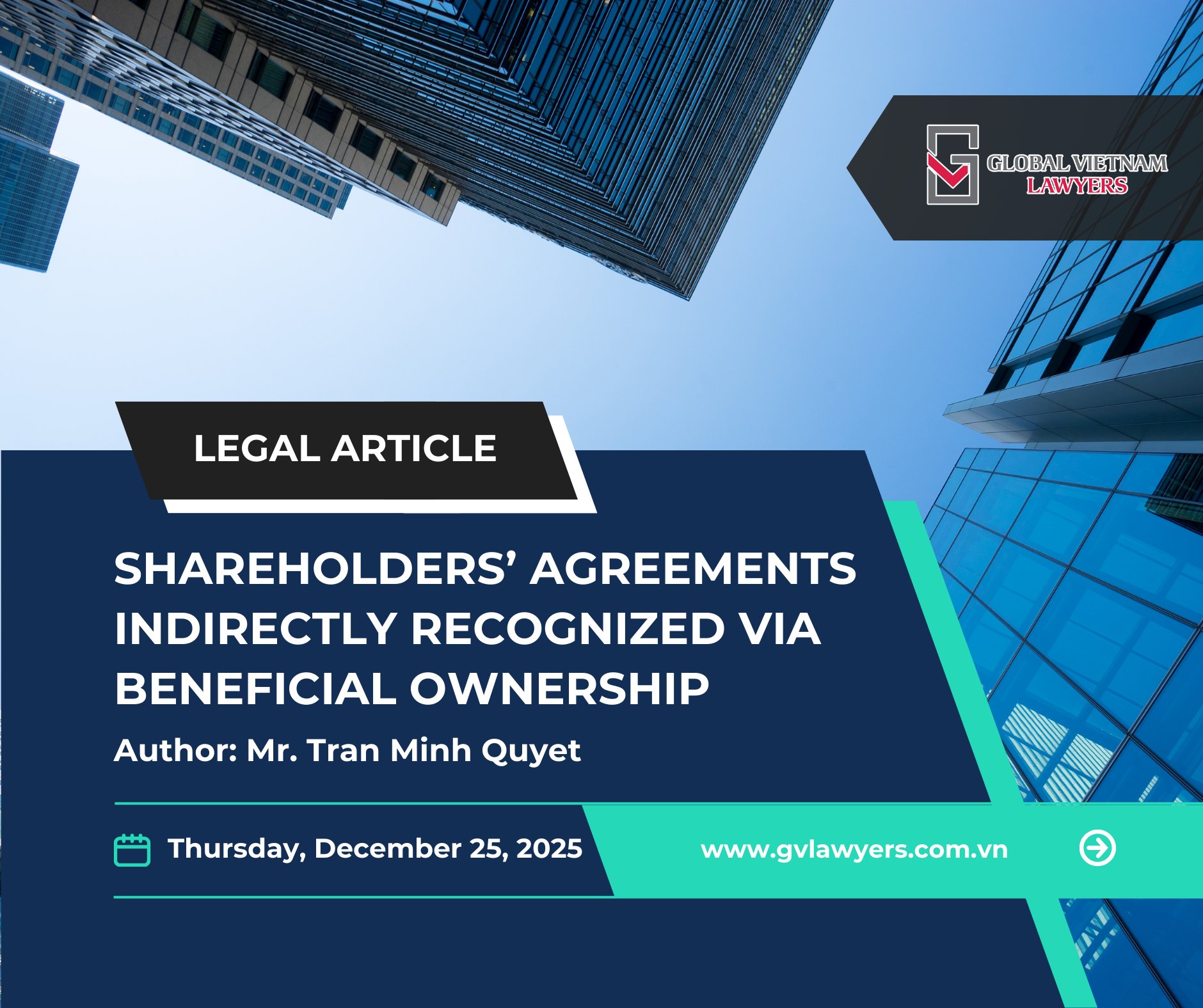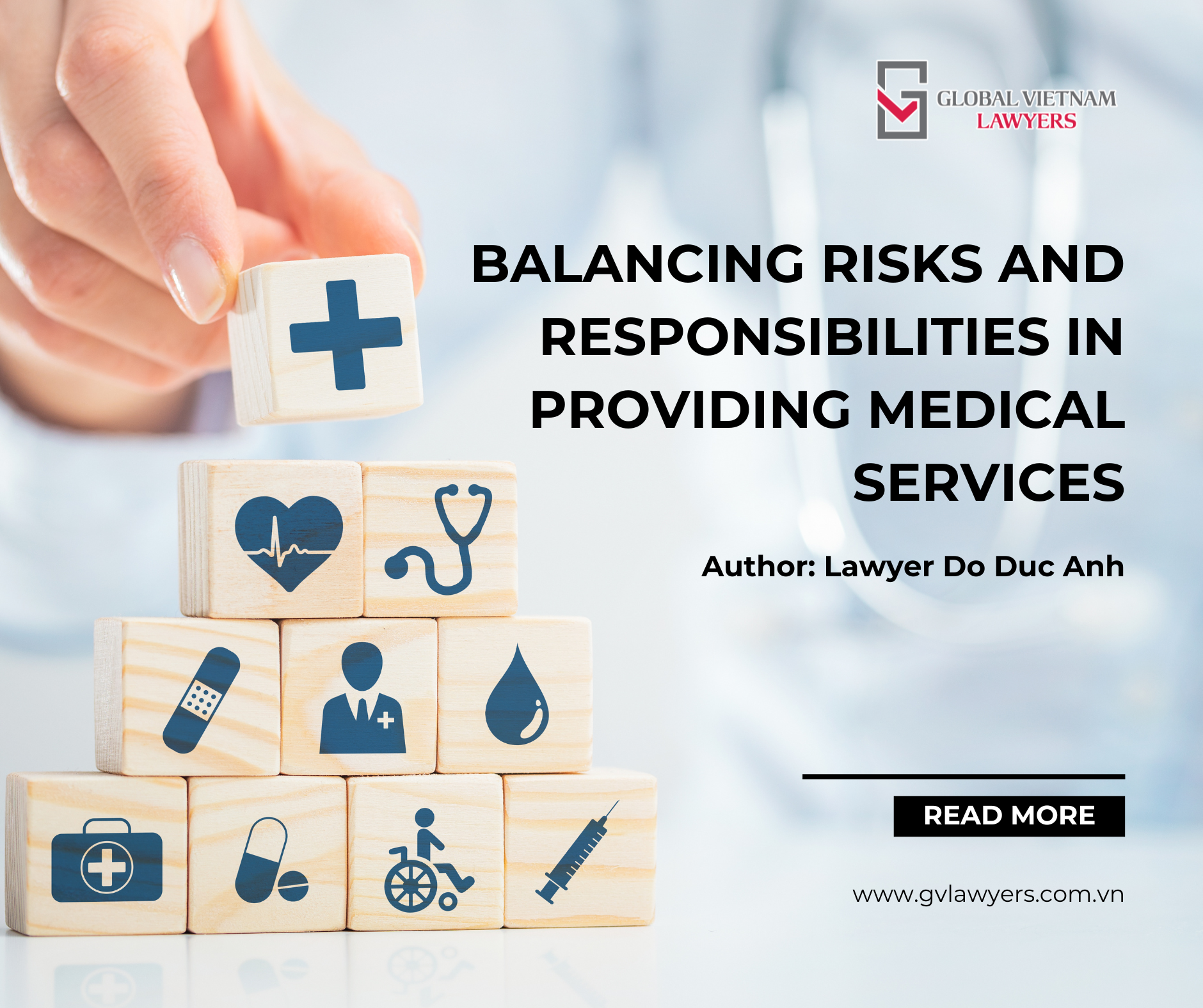GV Lawyers would like to introduce to readers an article by Lawyer Le Quang Vy entitled: “Guardianship and guardianship supervision” published in Saigon Economic Times Issue No. 30-2021 (1,597) dated 22 July 2021.
***
The fact that pop princess Britney Spears recently asked the Los Angeles Court, USA to remove her biological father’s guardianship from her status as guardian of her health and property has once again stirred up social forums on guardianship. In Vietnam, there have been many disputes about guardianship, most of which are related to the management of the ward’s assets. So what is the current law on guardianship?
In the past, guardianship was an institution established by law in Western countries to protect minors when one of the child’s parents died. Indeed, looking up ancient laws as well as customs of Vietnam did not find this institution. Today, guardianship in other countries in general and in Vietnam in particular is not only aimed at protecting the rights and interests of minors, but also extends to those who have lost their civil act capacity, who have cognitive difficulties, cannot control their behavior.
Under the law of the state of California (USA), guardians of minors are called “guardianship”, and guardians of persons with behavioral capacity or health problems are called “conservatorship” and both are appointed by the court.
Guardianship
Guardianship under Vietnam’s Civil Code 2015 (Civil Code 2015) is an individual or legal entity that is required to take care of and protect the legitimate rights and interests of four wards as follows: (i) minors without parents; (ii) minors whose parents both have lost their civil act capacity, have difficulties in cognition or behavior control, or have been declared by a court to limit their rights to their children or have no conditions to care for them, educate the child and require a guardian; (iii) a person who has lost his/her civil act capacity; (iv) people with difficulties in cognition and behavior control. These subjects can only have one guardian (except for the case where a father or mother co-guards a child or a grandparent co-guards a grandchild). Conversely, an individual or legal entity can provide guardianship for more than one person.
Guardians
A guardian is a person responsible for overseeing and administering the ward’s assets. The 2015 Civil Code stipulates that there are two forms of guardianship: natural guardian and appointed or appointed guardian.
Natural guardians of minors: The current law does not have any provision to indicate that parents are natural guardians of minors, but according to Article 136 of the 2015 Civil Code, parents are legal representatives of minor children. And Clause 1, Article 134 of this Code states: “A representative is an individual or legal entity (hereinafter referred to as the representative) on behalf of and for the benefit of another individual or legal entity (hereinafter collectively referred to as the “representative”) to establish and perform civil transactions”. Thus, the parents are the legal representatives and natural guardians of the minor children. In addition, in cases of minors belonging to two groups of warded subjects (i) and (ii) above, the guardian is automatically determined in the following order: (1) The elder brother is the eldest brother or sister. gut is the eldest sister; if the eldest brother or sister is not eligible to act as a guardian, the next biological brother or sister shall be the guardian, unless otherwise agreed upon by another biological brother or sister to act as the guardian; (2) If there is no brother or sister to act as the guardian, the grandfather, grandmother, grandfather, or grandmother shall be the guardian, or these persons may agree to appoint one or several of them as the guardian; (3) If there is no brother, sister, grandfather or grandmother, then the biological aunt, uncle, aunt, uncle or aunt is the guardian.
Natural guardian of the incapacitated person: The spouse is the natural guardian in the event that his/her spouse loses the civil act capacity. In case both parents lose their civil act capacity or one person loses their civil act capacity and the other does not fully meet the conditions to act as guardians, the eldest child is the guardian, if the eldest child does not fully satisfy the legal requirements, the next child is the guardian. For adults who have lost their civil act capacity without a wife, husband, or children or have them all ineligible to act as guardians, their parents are guardians.
Appointed and appointed guardians: For minors and incapacitated persons who do not have a current guardian, the court is the competent authority to appoint a guardian. However, whether appointing or appointing a guardian, the consent of that person must be obtained. In addition, appointing or appointing a guardian for a person aged full 16 years or older, the wishes of the ward must be considered.
Conditions, rights and obligations of the guardian
The guardian must meet all the conditions prescribed by law, such as having full civil act capacity; have good moral character and necessary conditions to exercise the guardian’s rights and obligations; is not a person being examined for penal liability or a person who has been convicted but has not yet been expunged for one of the crimes of intentionally infringing upon the life, health, honor, dignity and property of others; is not a person whose rights have been restricted by a court order.
Regardless of the form of guardianship, the guardian must carry out guardianship registration procedures at a competent state agency in accordance with the legal provisions on civil status. For guardians, of course, they still have to perform their obligations even if they do not register for guardianship.
The guardian has the rights and obligations to represent the ward in civil transactions; Asset Management; protect legitimate rights and interests. In addition, guardians also have the obligation to care for and educate minors or to care for and ensure the treatment of diseases for the ward who has lost the capacity for civil acts, has difficulties in cognition and behavior control.
However, the guardian may only use the ward’s property to take care of and pay for the ward’s essential needs and be paid reasonable expenses for the management of the ward’s property. The guardian must absolutely not give the ward’s property to another person. All civil transactions relating to property between the guardian and the ward are void, except in the case that such transaction is made for the benefit of the ward and has the consent of the supervision.
Supervisor
Regarding supervision of guardianship, the 2015 Civil Code stipulates that “relatives” of the ward will agree to appoint one of them to be the guardian of the guardianship, or choose another individual or legal entity as the supervisor. The appointment and selection of supervisors must be approved by that person. In case the guardianship supervision is related to the management of the ward’s property, the ward must register at the commune-level People’s Committee where the ward resides.
According to the law, “relatives” of the ward are the spouses, fathers, mothers and children of the ward; if none of these persons is present, the next of kin is the ward’s grandfather, grandmother, biological brother, sister or younger brother; if none of these people are present, the next of kin is the ward’s biological uncle, biological uncle, biological uncle, aunt or uncle. In case there are no relatives of the ward or the relatives do not appoint or choose a guardian to supervise, the commune-level People’s Committee of the place where the guardian resides shall appoint an individual or the legal entity overseeing guardianship. The court has the authority to decide on the selection of a supervisor in case of a dispute over the appointment or selection of a supervisor.
According to the provisions of law, all the sale, exchange, lease, loan, loan, pledge, mortgage, deposit and other civil transactions for the property of great value of the custodian. The household must obtain the consent of the guardianship supervisor.
In addition, the supervisor has rights and obligations; monitor and examine guardians in the performance of guardianship; request competent state agencies to consider changing or terminating the guardianship and supervision of guardianship.
It can be seen that the current law has quite strict regulations to regulate relationships related to guardianship and supervision of guardianship, but there are still many people who, due to lack of understanding, have exceeded the limit of guardianship. Therefore, in order to protect the wards and not lose the humanity and noble meaning of guardianship, relevant parties need to understand the law and apply it in life to limit the behavior of the guardian.
(*) Global Vietnam Lawyers Law Firm.









